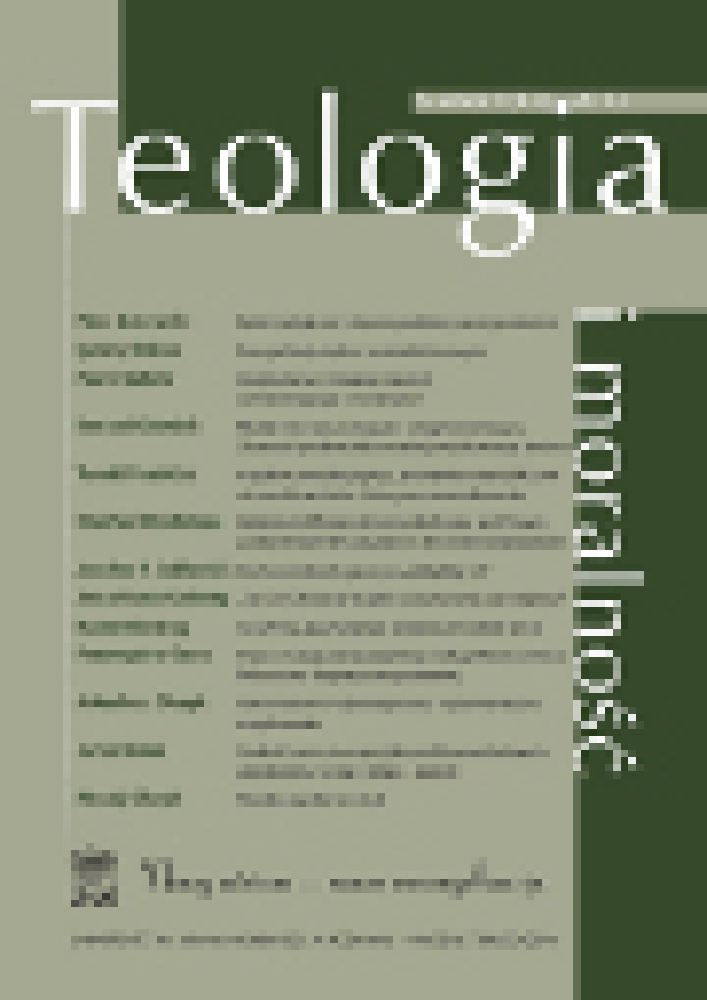Abstract
Ethicists and moralists who see religion as a foundation of morality often claim that their colleagues, who do not refer to such a foundation, lack a firm ground for objectively binding moral norms. They also claim that an effective program of moral education must be located in the context of religious beliefs. The article's main thesis is that individual morality, i.e. all actions and attitudes of a person, which are not founded on religion is not less grounded than a morality which does claim to have such a foundation. The reason for this is that neither philosophical nor theological normative theory of morals is the foundation for actions and attitudes of individuals. The source of moral edification lies in social practice which is made up of examples given by educators and other significant individuals, cultural artifacts, and the practice of political life.
References
Baron M., Kantian Ethics Almost without Apology, Cornell University Press, 1995.
Jan Paweł II, Veritatis splendor, 85 (1993).
Pius XII, Summi pontificatus, Acta Apostolicae Sedis 31 (1939).
Stocker M., The Schizophrenia of Modern Ethical Theories, „Journal of Philosophy” 73 (1976).
Uzasadnienie metafizyki moralności, przeł. M. Wartenberg, Warszawa, Państwowe Wydawnictwo Naukowe 1984.
Williams B., Osoby, charakter i moralność, w: Ile wolności powinna mieć wola, Warszawa 1999.
License
All rights reserved
